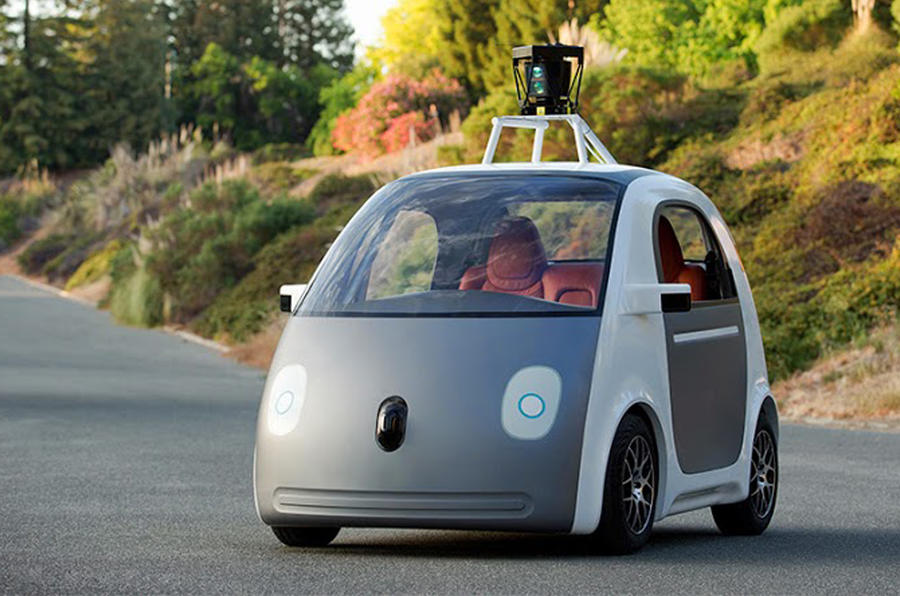The announcement of Google's self-driving bespoke car today – as portrayed in the internet giant's video, below – has put the whole subject in the media spotlight.
No doubt that Google has spent millions on the tech and has put self-driving in the mainstream media.
The reality, though, is that they're not the only ones: Nissan, Mercedes-Benz and Audi to name three have all promised to have self-drivers on the market before the decade's out.
Further reading: Volvo previews autonomous car test scheme.
Self-driving in cities has its attractions. Imagine a scene where you could read the paper or tackle the day's early e-mails as you're being electronically chauffeured to work.
Older and disabled drivers too would doubtless benefit from extended mobility or personal mobility that wasn't available before.
The question is are we ready for self-driving cars? Or do we want them?
It also throws up other moral and legislative questions. The head of Google's self-driving car project, Chris Urmson, seems to be suggesting that drink-driving was a thing of the past. But surely if that was the case then passenger jets could be on autopilot while the Captain supped pinot grigio... Surely we still want drivers to be compos mentis to take control in the event of electronic malfunction.
And if a self-driver knocks someone over or has a crash – where would you stand legally or with insurance?
The fact is that we already more or less have the tech for self-driving cars. But it seems to me that there are many more issues to surmount before we want to have it as an option on our cars.







Join the debate
Add your comment
Sweden will lead
I like the idea of been freed from car ownership and having a lump of metal depreciating on the drive. I would buy into a few clicks on my smart phone and a mobile high tech lounge appeared to take me where I needed to go. Residential areas are given back to pedestrians and are safe for children to play out. If I want that petrol buzz book a day at the a race course with all the money I have saved by not owning a car.
this is a publicity stunt,
Well, to begin with